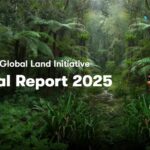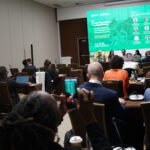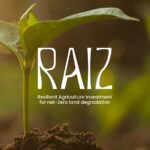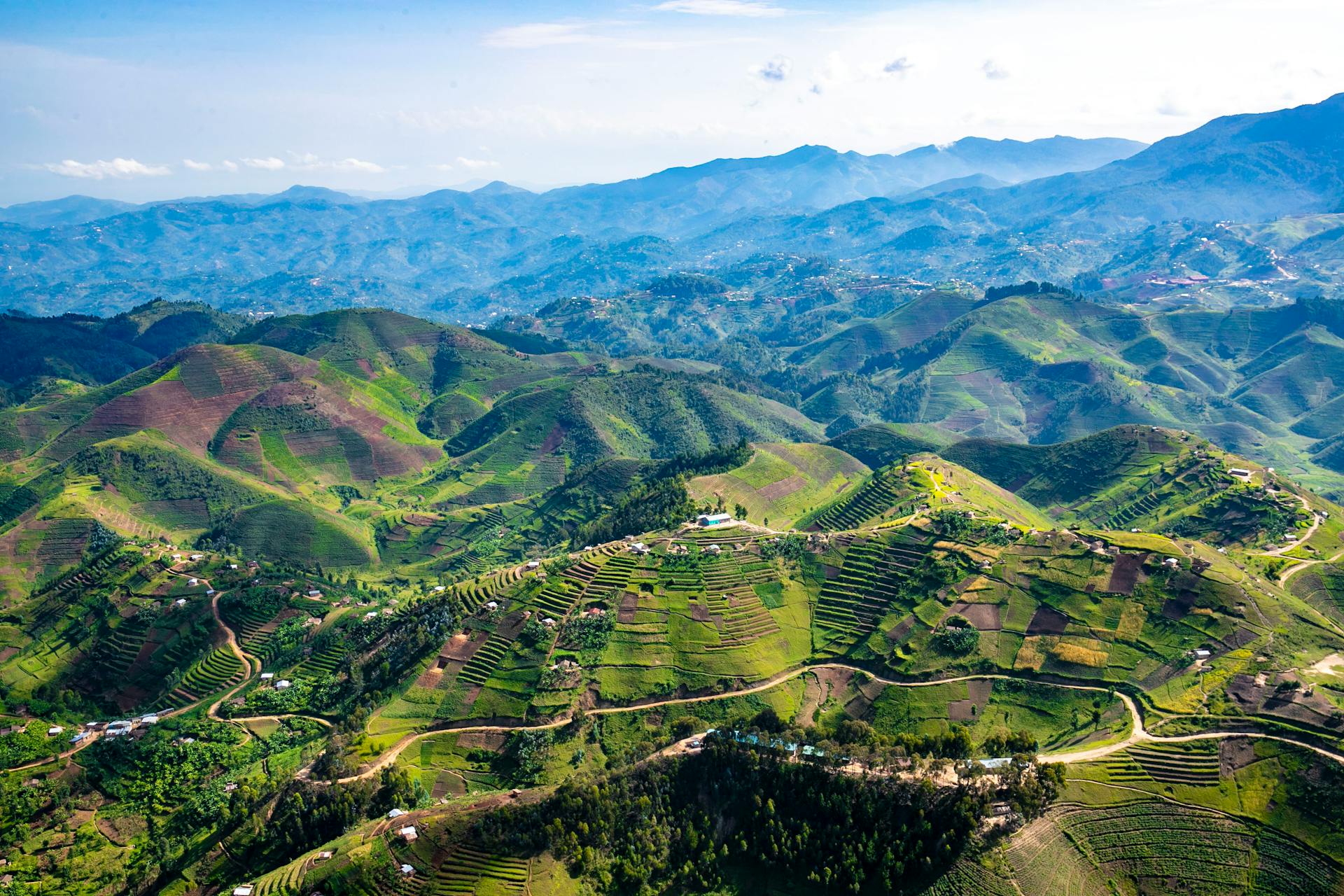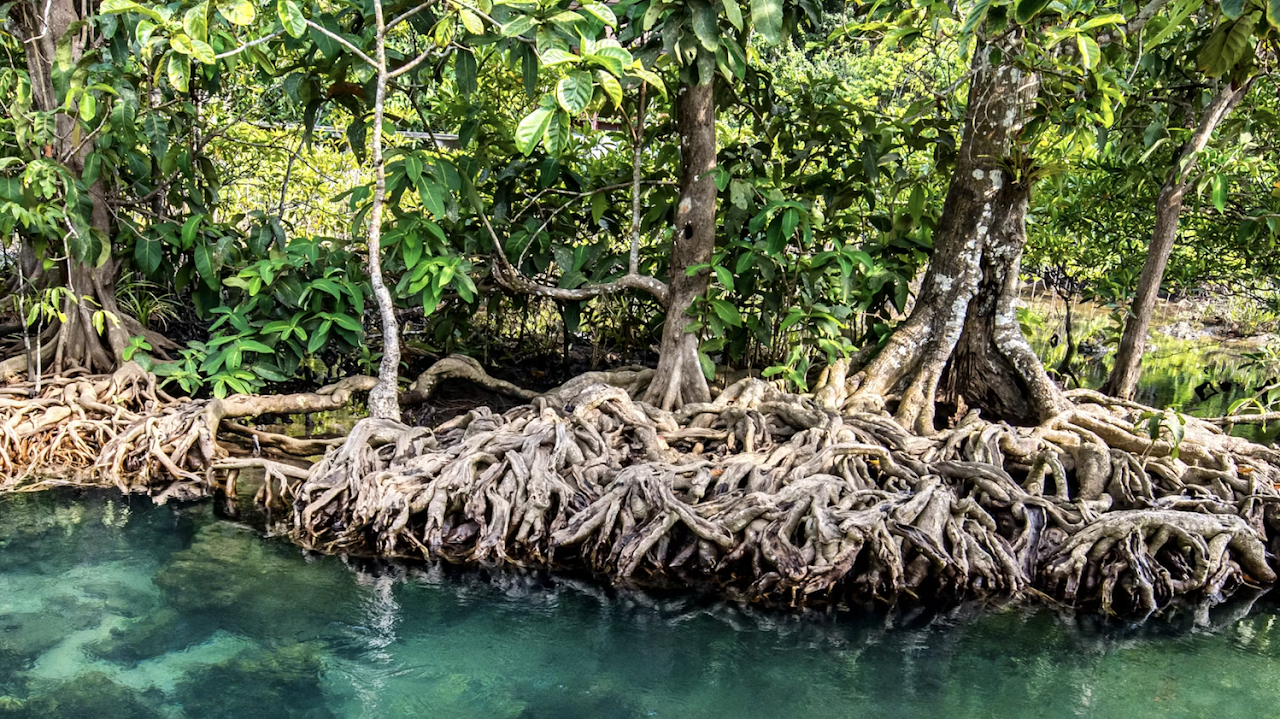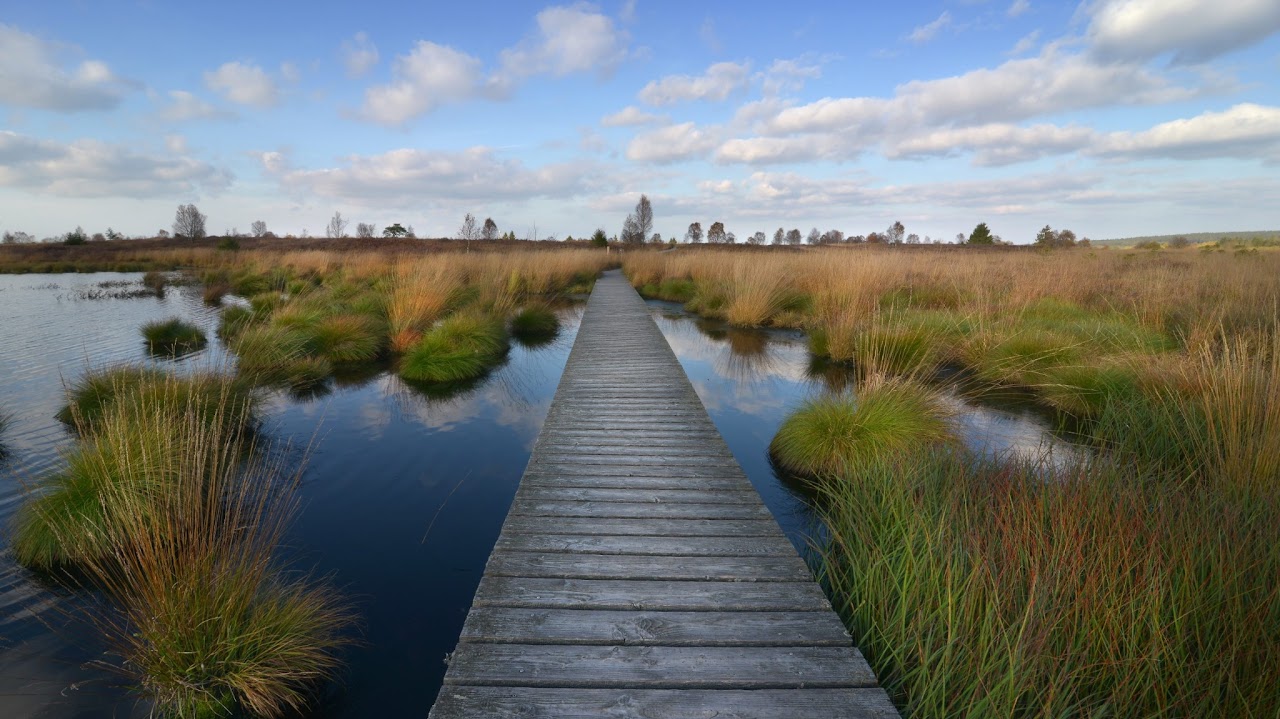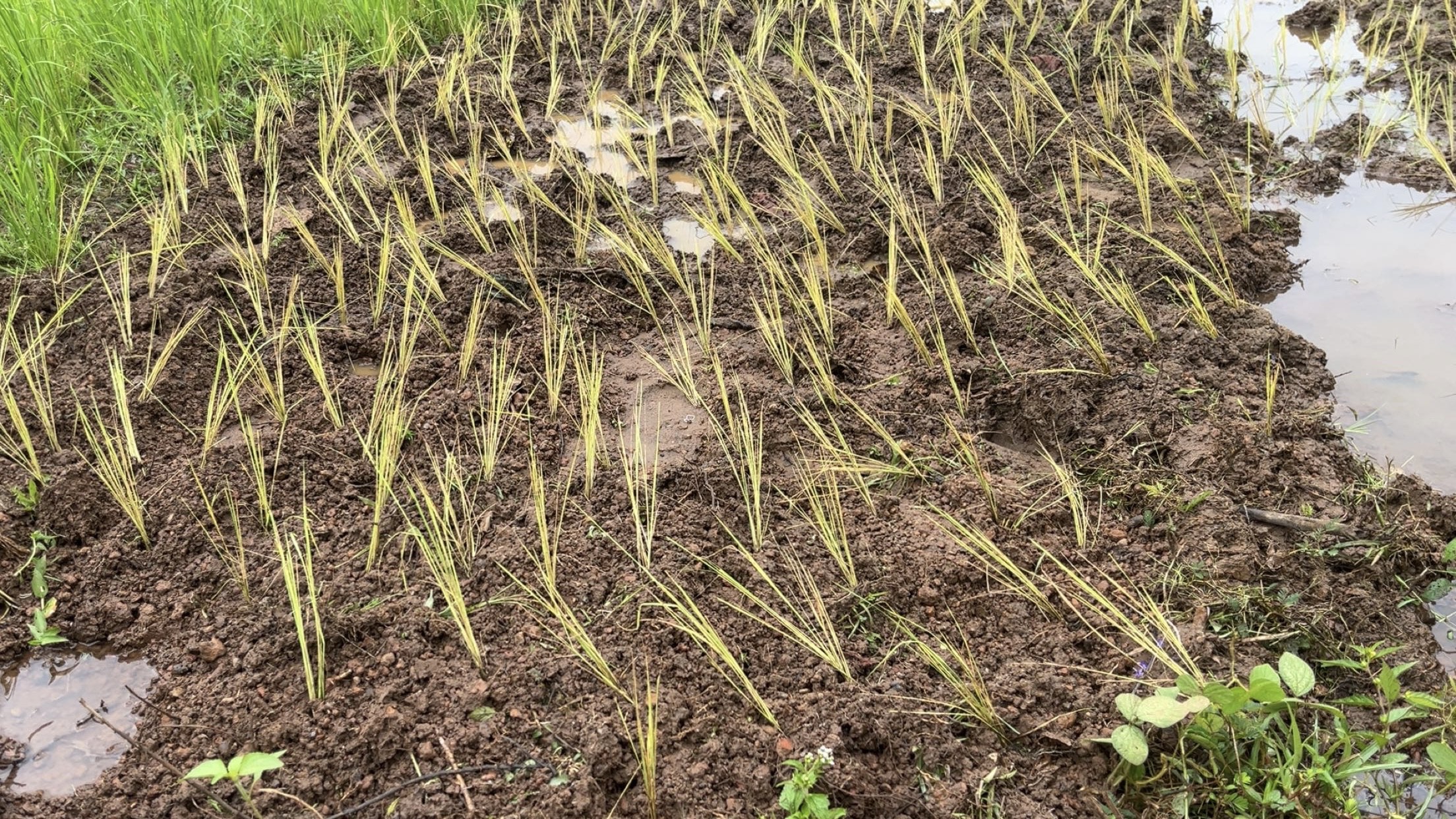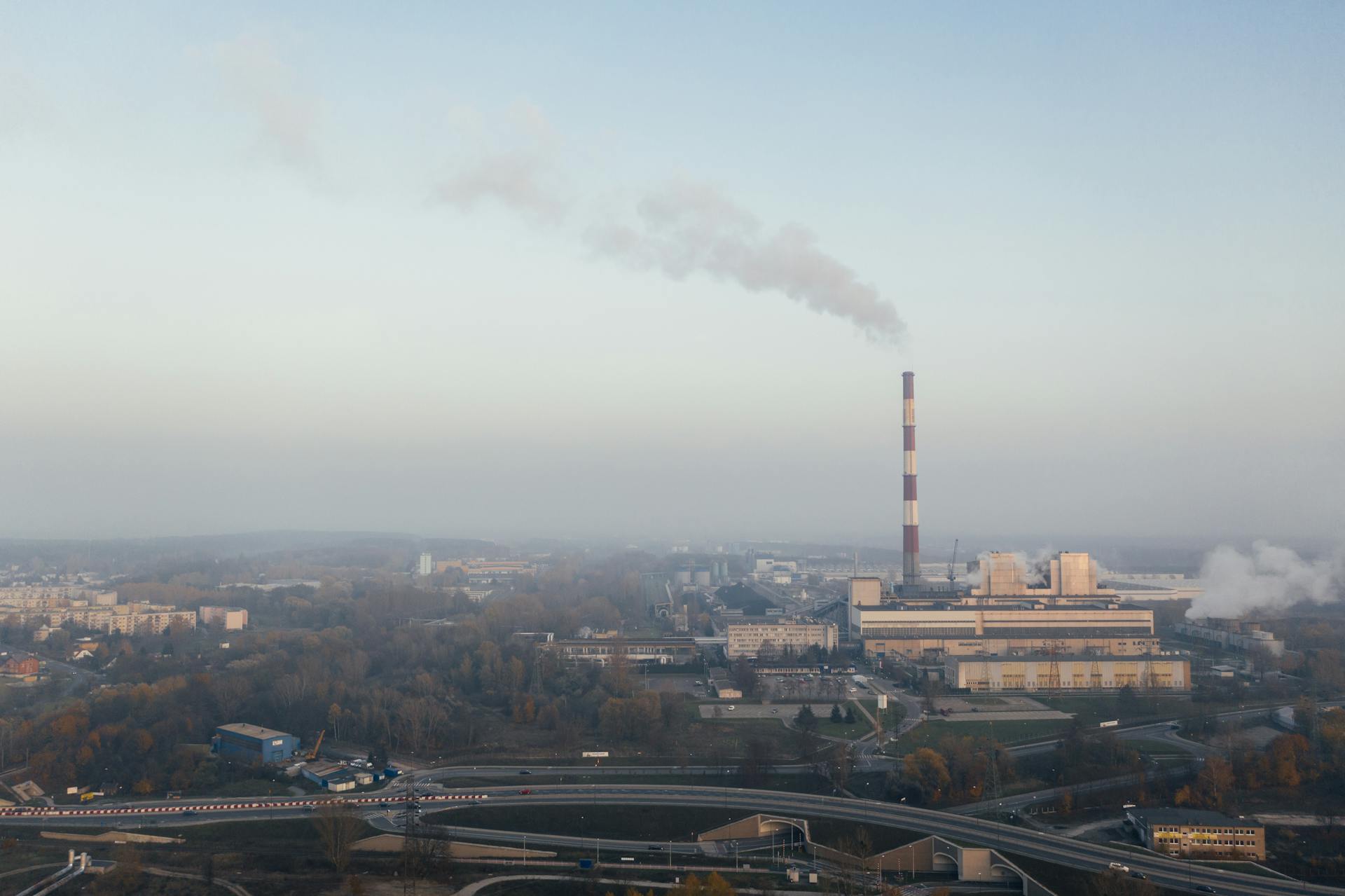Restoration Pavilion at the UNCCD COP16 concludes with a call for innovation, inclusion, and action in land restoration

Young ecoprenuers during a panel discussion at the the Restoration Pavilion, on 11 December 2024, in Riyadh, Saudi Arabia.
Photo credit: UNCCD/G20 Global Land Initiative
On its eighth and last day, the Restoration Pavilion continued the inspiring discussions on land restoration. The last day’s events highlighted the:
- indispensable role of women and youth in land restoration,
- compounding returns of co-creating solutions with local and indigenous communities, and
- crucial function of integrated approaches to balance ecological, economic and social needs.
The event titled, Innovative Multi-faceted Approaches to Land Restoration: the Role of Biosaline Agriculture and Women’s Empowerment, highlighted the role of biosaline agriculture in combating land degradation, especially in arid regions.
Experts emphasized gender equity, showcasing projects that integrate sustainable practices with community empowerment. Women’s roles in agriculture were underscored, given their significant yet underappreciated contributions to land management.
Discussions on financial, scientific and partnership challenges to achieving land degradation neutrality by 2030 took place during the Breaking Barriers: Finance, Science, and Partnerships for Rangeland Restoration session. Panelists emphasized the role of innovative financing models, cross-sector partnerships and community-driven projects for restoring rangelands, which is a critical yet often overlooked ecosystem.
Discussions on Financing the Future of Restoration: Business Perspectives on Access to Finance for Start-ups explored strategies to enhance financial access for restoration-focused startups. It underscored the role of public-private partnerships, derisking mechanisms and innovative financial instruments to support sustainable business models in land restoration.
The session on Land Restoration in Transboundary River Basins in West Africa addressed the complexities of managing transboundary river basins, focusing on sustainable land restoration. Collaboration among nations and institutions was highlighted as crucial for tackling land degradation and promoting resilience in West Africa.
Speakers at the Innovative Sustainability Initiatives in Agriculture and Land Restoration session showcased IoT-driven agriculture practices in Sri Lanka, the use of moss for rapid ecosystem restoration in Sweden and an app used in Mongolia to connect farmers to sustainable financing and marketplaces. The event also explored application of the Miyawaki technique in urban afforestation, highlighting the importance of biodiversity and community integration.
During the event titled, Feeding the Future: Preventing Erosion and Building Resilience, ecopreneurs from various countries shared restoration solutions, including agroforestry in India, community-based projects in Uganda and indigenous practices in Georgia. They emphasized the integration of traditional knowledge and modern technology. Speakers highlighted the multifaceted impacts of erosion caused by unsustainable farming, which, they said, requires a regenerative approach.
The technological advancements in monitoring land degradation and restoration, such as remote sensing and geospatial tools, was a main focus at the Monitoring Land Degradation and Restoration Using Innovative Tools and Expert Knowledge event. Integration of expert knowledge and local insights was highlighted as key to ensuring effective land management.
Restoration Pavilion closed with the launch of the RestorLife Awards, which celebrates innovative contributions to land restoration by recognizing outstanding efforts from individuals, communities and organizations.
The Restore platform, the world’s largest geospatial database for conservation and restoration efforts, connects over 220,000 sites and supports more than 2,500 local communities, businesses and governments with scientific insights for impactful actions.
With its lineup of more than 60 events, spanning across 8 days, Restoration Pavilion has been a pivotal focus of the UNCCD COP16 bringing together experts, local activists, practitioners and citizens to explore new avenues of making land restoration more sustainable, scalable and effective.
Drawing on these rich discussions, G20 Global Land Initiative will continue to be a platform of knowledge exchange, collaboration and sharing of expertise for the land restoration community.
